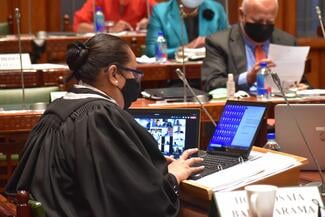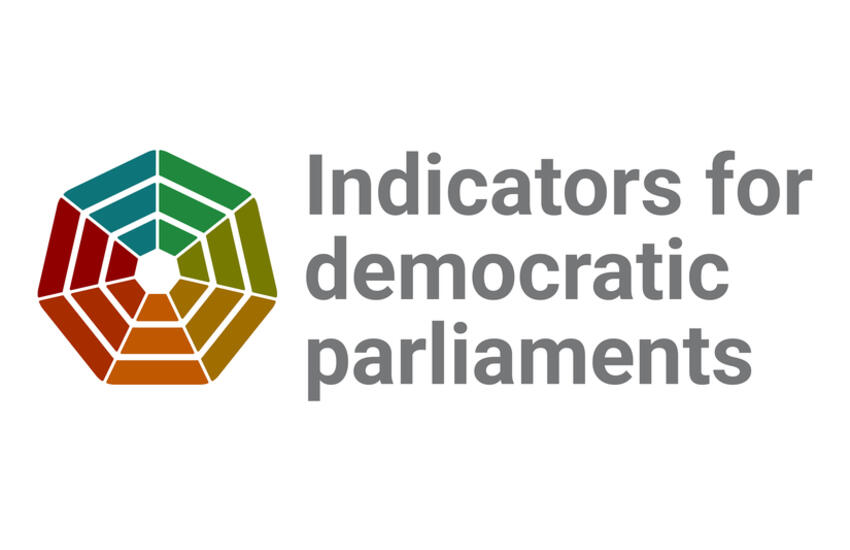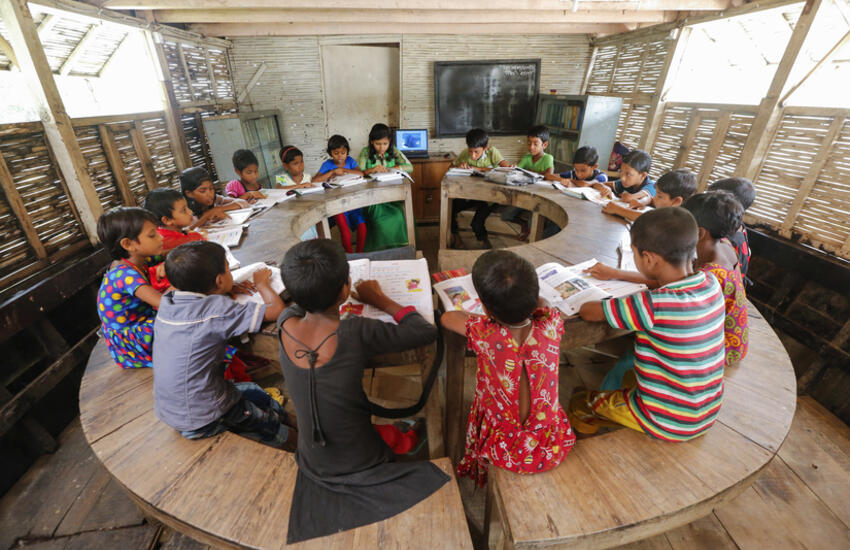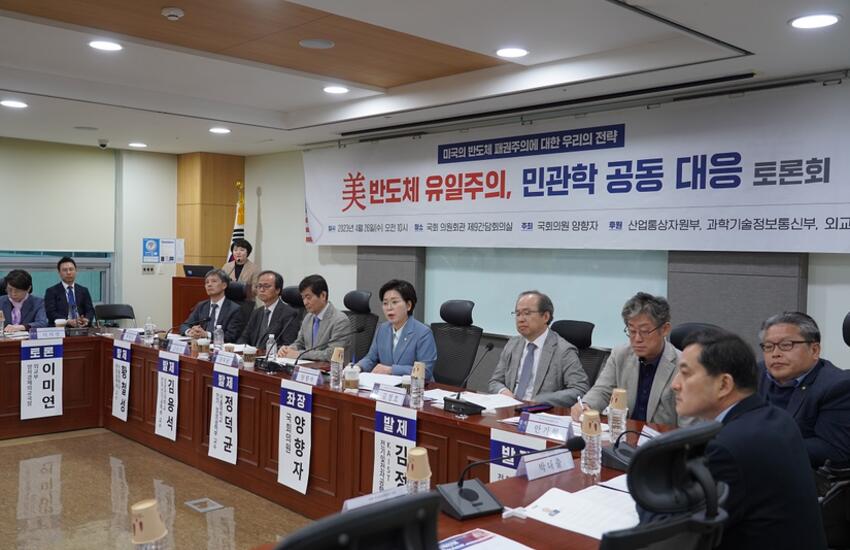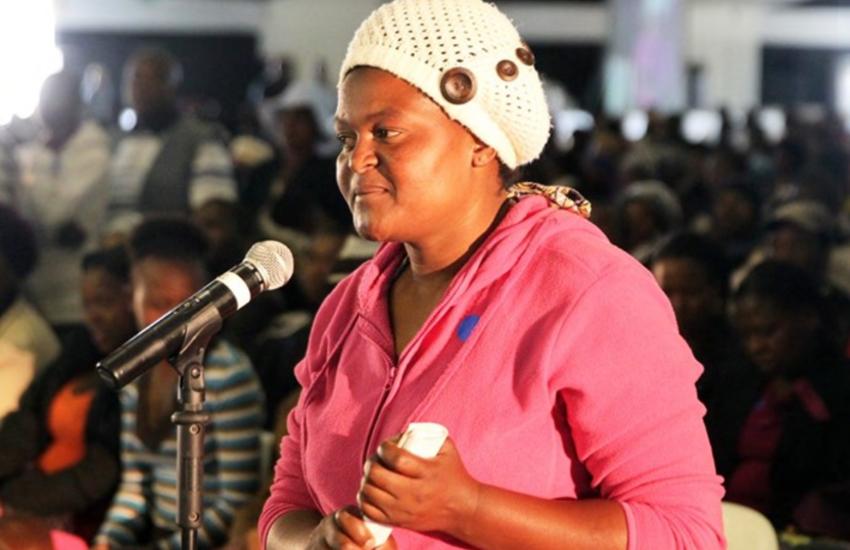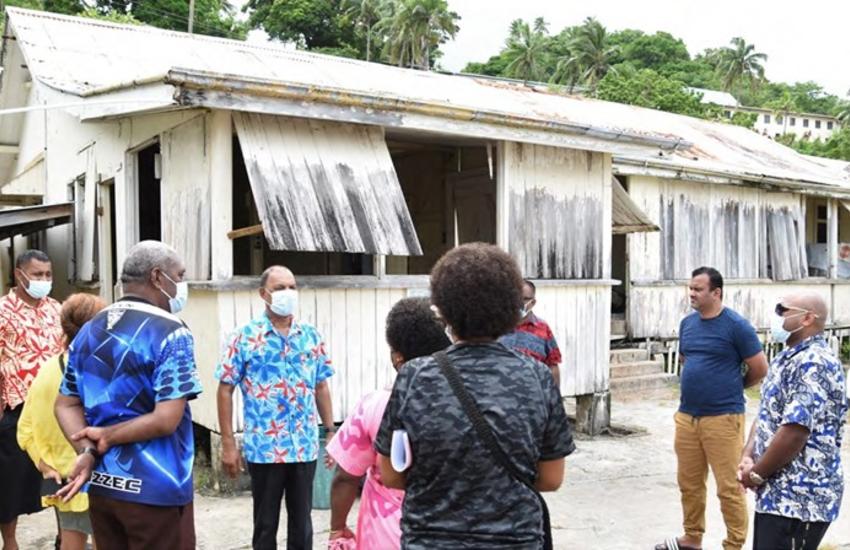The IPU’s newly released World e-Parliament Report 2022 shows that the COVID-19 pandemic has accelerated digital transformation in parliaments and made them more flexible, innovative and resilient.
This seventh edition of the report is based on a survey of 123 parliamentary chambers as well as findings from focus groups involving 37 parliaments. The report was also made possible thanks to inter-parliamentary collaboration and knowledge-sharing facilitated by the IPU in multiple webinars held over the past two years.
The report spotlights several success stories, identifies gaps in progress and confirms that the COVID-19 pandemic – despite the toll it inflicted upon the world – has been the driving force behind a wave of innovation in parliaments.
The new data shows that the typical parliament of 2022 looks and works differently to the parliament of 2019. Many parliaments – including in places as diverse as Cambodia, Chile, Kenya and the Philippines– report that the pandemic was a catalyst for rapid and accelerated digital transformation. The changes have affected all parliaments, both large and small, with Bhutan, Mauritius and Seychelles responding as rapidly and dynamically as Brazil, the European Parliament and South Africa.
The report found that many parliaments were unprepared for the severity and duration of the disruption caused by COVID-19. Parliaments were unable to physically meet during lockdowns. Some suspended sittings altogether whilst others reduced the numbers allowed to attend and introduced physical distancing measures.
However, many others found alternative ways of working, using new information and communication technology. Some parliaments created special virtual committees (New Zealand, for example) to allow parliament to continue to function, while others used digital tools to create fully remote or hybrid chambers (Bhutan, Brazil, Mauritius and the United Kingdom).
Digital tools became critical for parliaments to continue to function. They allowed parliaments to work more flexibly and helped them to coordinate their responses to the pandemic.
In the survey the IPU administered for the report: 87% of parliaments said they had become more resilient thanks to digital technologies; 84% said they had become innovative; and 88% said that Members of Parliament had become more receptive to new ways of working.
Over half (51%) of parliaments held a virtual plenary during the pandemic and more than three quarters (77%) held a virtual committee meeting.
Although parliaments have mostly returned to physical meetings, remote working has now been more widely accepted as beneficial, including for parliamentarians with young families, as well as for helping to lower carbon emissions through reduced travel and commuting.
The report underlines that public interest in parliaments increased during the pandemic. Around 54% of those surveyed said that, as parliaments enhanced their digital outreach to the public, there was increased interest in televised parliamentary debates and public parliamentary documents.
Digital technologies are changing how parliaments work around the world, not only by providing new tools but also through fundamental shifts in processes and resource allocation.
As parliaments return to more familiar, less crisis-driven ways of operating, many remain changed by their experiences during the pandemic.
On a more negative note, however, the pandemic has also exposed the challenges faced by parliaments that lack the resources to deploy new methods of working, or to invest in complex digital platforms and services.
The new IPU World e-Parliament Report offers five recommendations for parliaments, including encouraging peer-to-peer knowledge exchanges as facilitated by the IPU and building parliamentary resilience to future emergencies.
Find out more about what an e-parliament looks like by participating in the IPU webinar Will hybrid working become the “new normal” for parliaments? on 25 January 2023 at 14:30 CET.
***
The IPU is the global organization of national parliaments. It was founded more than 133 years ago as the first multilateral political organization in the world, encouraging cooperation and dialogue between all nations. Today, the IPU comprises 178 national Member Parliaments and 14 regional parliamentary bodies. It promotes democracy and helps parliaments become stronger, younger, gender-balanced and more representative. It also defends the human rights of parliamentarians through a dedicated committee made up of MPs from around the world.
For more information about the IPU, contact Thomas Fitzsimons at e-mail: [email protected] or [email protected] or tel: +41(0) 79 854 31 53





